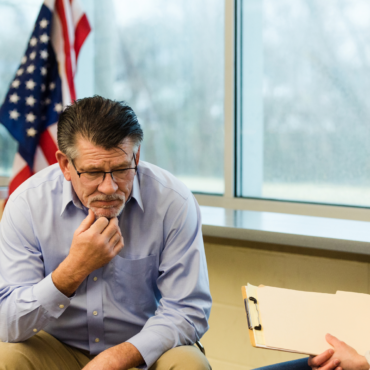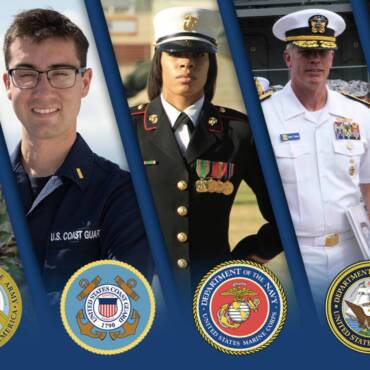
Dr. Unity Walker is an associate licensed counselor who worked in marginalized advocacy before entering the field of counseling. Dr. Walker began their counseling career in in-patient psychiatry, working with adolescents, adults, and families to address serious mental illness and thoughts of suicide.
After completing their master’s degree in clinical mental health counseling, Dr. Walker moved to Virginia to pursue a doctorate in counselor education and supervision. During that time, Dr. Walker worked as a community counselor, primarily working with families and community members who otherwise did not have access to care. Dr. Walker also supervised counselors-in-training and community outreach programs during their time in Virginia, working to meet the needs of the local community during the coronavirus pandemic.
An Alabama native, Dr. Walker has recently returned to work as a counselor in an effort to address the needs of the state. Dr. Walker specializes in trauma-informed care for marginalized populations but treats a wide range of issues including depression, anxiety, relationship difficulties, ADHD, dissociative disorders, spiritual issues, death and bereavement, and self-harm. Dr. Walker primarily utilizes dialectical behavior therapy (DBT) but offers several styles of therapy to specifically fit the needs of the individual.
During their downtime, Dr. Walker enjoys spending time with loved ones, walking in nature, community building, and socializing. Dr. Walker enjoys writing, painting, playing music, and practicing performance arts. Dr. Walker is an avid reader and researcher, spending much of their time engaged in the pursuit of knowledge.

My Education
Dr. Walker holds a Bachelors of Science in Psychology and Master’s degree in Clinical Mental Health Counseling at Auburn University. They also holds a Doctorate degree in Counselor Education and Supervision from The College of William and Mary. Their skills includes trauma-informed care, depression, anxiety, relationship difficulties, ADHD, dissociative disorders, spiritual issues, death and bereavement, and self-harm.








